PRESS RELEASE
12 February 2018, Nairobi – UNESCO Regional Office for Eastern Africa along with the Forum for African Women Educationalists (FAWE- Africa) and Microsoft Africa, will convene a celebration of the International Day of Women and Girls in Science, on Monday 12 February 2018, at the UN Compound in Nairobi, Kenya.
The gathering, originally established by the United Nations, intends to provide visibility to women scientists who have made a difference in Science, Technology, Engineering and Mathematics (STEM) fields and to encourage young and upcoming female scientists as well as girls in secondary schools to look beyond the gender stereotypes and embrace STEM careers.
Alice Ochanda, Programme Officer for Gender and Science, UNESCO Regional Office for Eastern Africa says “We cannot achieve Sustainable Development without gender equality in Science. Science needs the sixth sense that only women are endowed with”. UNESCO runs a comprehensive STEM programme in the form of Scientific Camps of Excellence. The programme, introduced in 2014, focuses on mentorship for girls in STEM to fulfil the need of bringing science closer to secondary school students. The implementation is done in close collaboration with the Ministry of Education (MoE), the National Commission for Science, Technology and Innovation (NACOSTI) and the Kenya National Commission for UNESCO. Other partners include universities, Safaricom, CISCO Systems, FAWE Regional office, Women in Aviation (WIA-Kenya Chapter) and industries. The programme aims to inspire girls to embrace science and engineering Courses and to nurture them as future professionals in STEM.
“We are extremely excited to see what outcomes emerge from these celebrations. We hope that by showcasing women’s contribution in STEM fields in Africa, the number of women graduating and specializing in science-related fields will increase. Looking into the future, FAWE will continue to advocate for the integration of Gender Responsive Pedagogy (GRP) in STEM and identify female role models in STEM to mentor and support girls and encourage them to excel and get the skills required for them to effectively engage in the economic development of their country,” says Hendrina Chalwe Doroba, Executive Director, FAWE Africa. The FAWE STEM model was developed in 2005 to increase and sustain access, interest, participation and performance of girls in STEM subjects at all levels. The model trains teachers to adopt and use STEM curricula, teaching and learning materials and classroom practices that are gender-responsive. The model has been introduced in Burkina Faso, Cameroon, Kenya, Malawi, Mali, Mozambique, Rwanda, Swaziland, Tanzania, Uganda, Zambia, Zanzibar and Zimbabwe and benefits more than 10,000 students annually.
Alex Nyingi, Philanthropies Lead for Sub Sahara Africa at Microsoft added, “Over the past few years, Microsoft has run more than one programme to encourage girls in STEM. Through our DigiGirlz Days we have been able to reach hundreds of girls per event – in seven different countries. Furthermore, through #MAKEWHATSNEXT we’ve been able to support FAWE-Africa since 2016 through training youth, teachers and students to adopt STEM curricula and learning materials that are gender-responsive. These programmes forward our stance on gender equality, all while staying true to our mission to bring digital transformation to Africa.”
Equipping all youth to be future ready resonates with Microsoft’s digital skills aspirations. Through providing young women with access to computer science education, the skills required for the high demand jobs of the future will be successfully met.
The theme, “Equality and Parity in Science for Peace and Development”, sets the tone for an agenda that includes mentorships talks, role modeling and sharing of experiences (highs and lows) by successful women scientists working in a male dominated-field.
The ceremony will bring together student scientists from secondary and tertiary institutions, practicing women scientists, as well as teachers and lecturers who contribute to making the difference in girls’ participation in Science, Technology, Engineering and Mathematics (STEM). These audiences can look forward to the sharing of best practices through exhibitions and demonstrations of successful Science and Technology Innovations by upcoming female scientists and practicing women scientists will also take place.




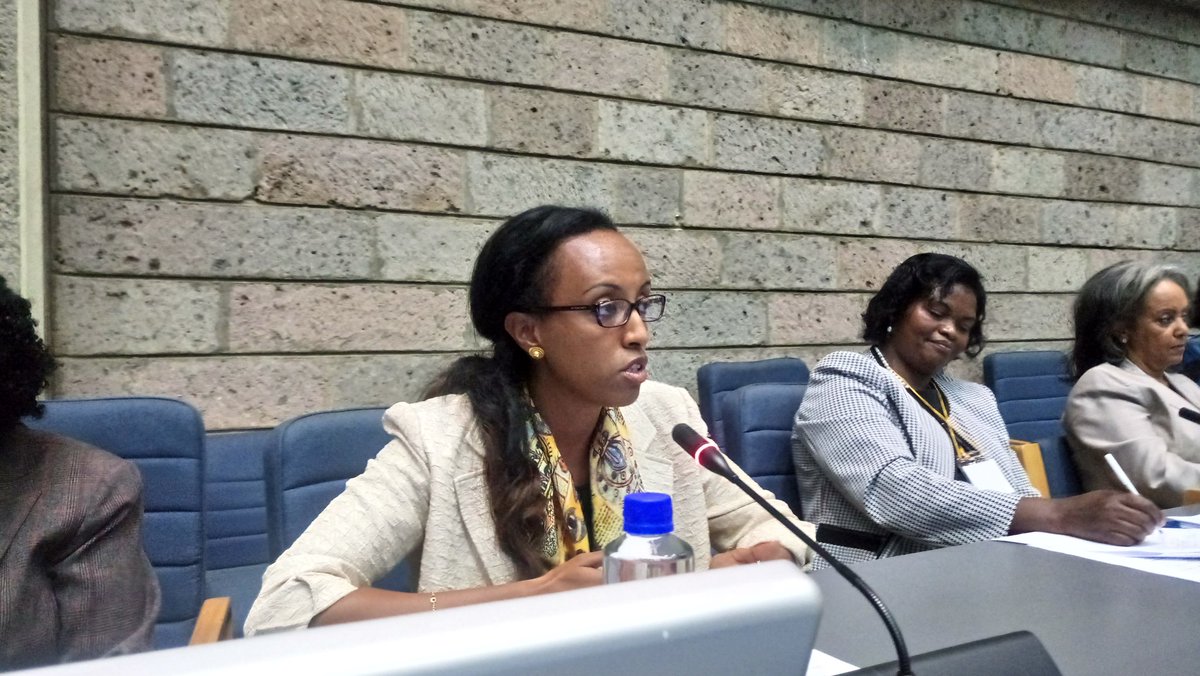
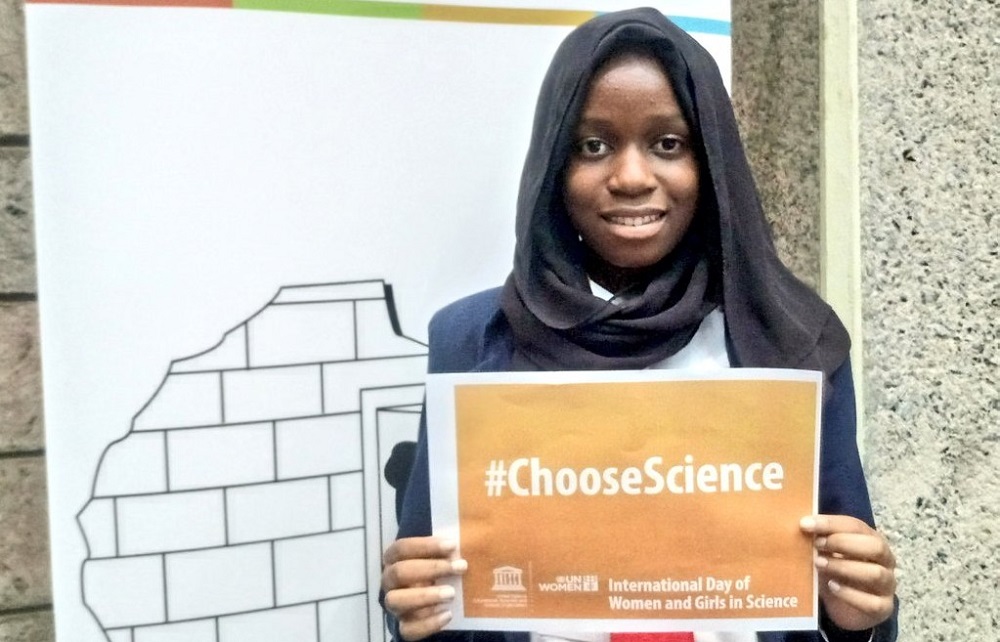
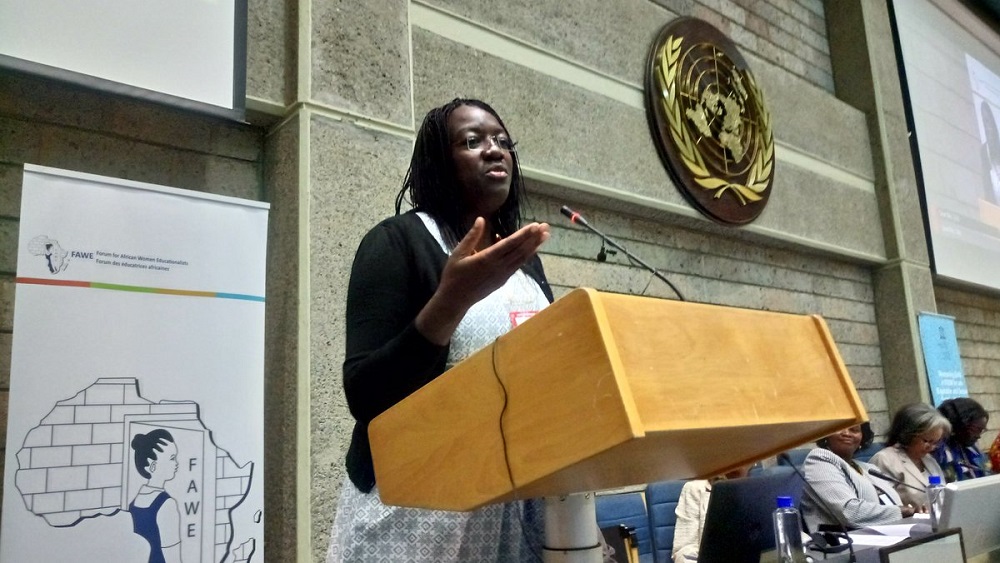


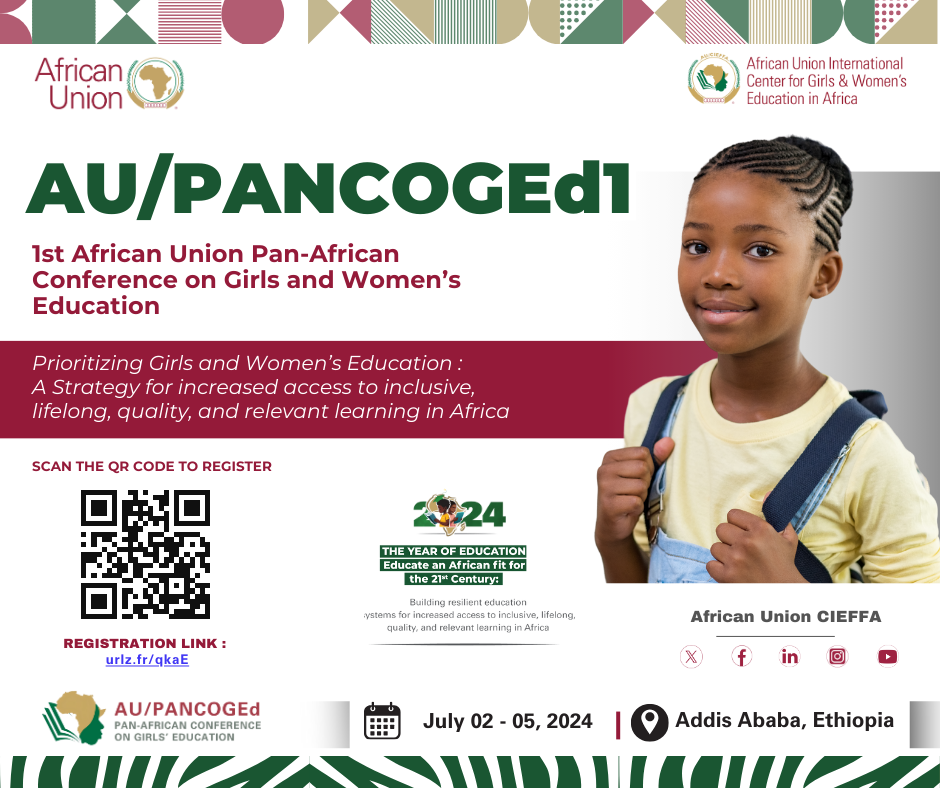
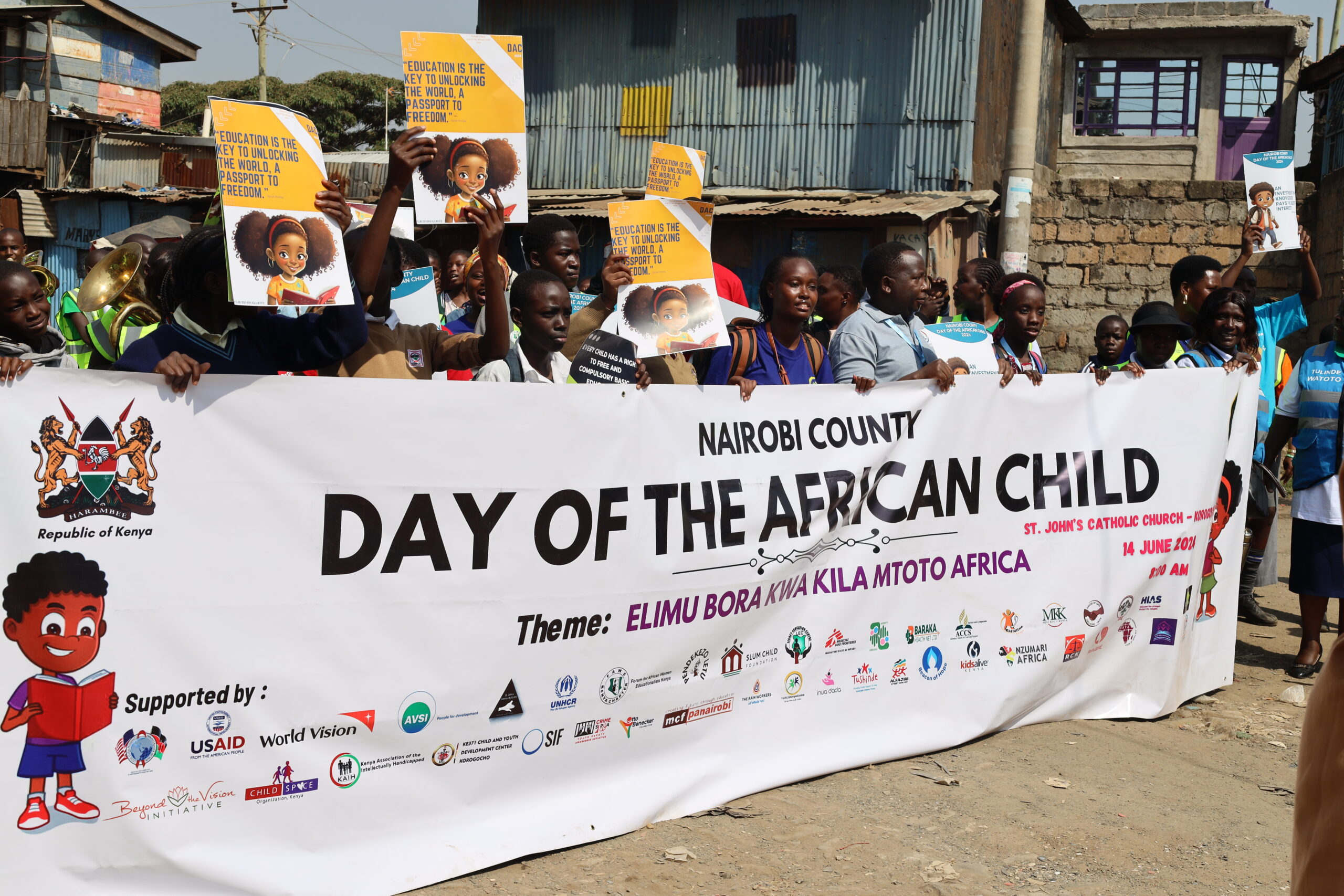
A good report showing on your side. Microsoft is one of the best who celebrates every occasion and provides many services to MS users and also gives lots of support for each and every user who got any issues with your products.
Hi! Very nice blog post. Taking these small steps will make one big step. A very good move in the right direction which will not only empower women but also make gender equality a reality. Everyone should come together and work towards the betterment of society, especially girls.